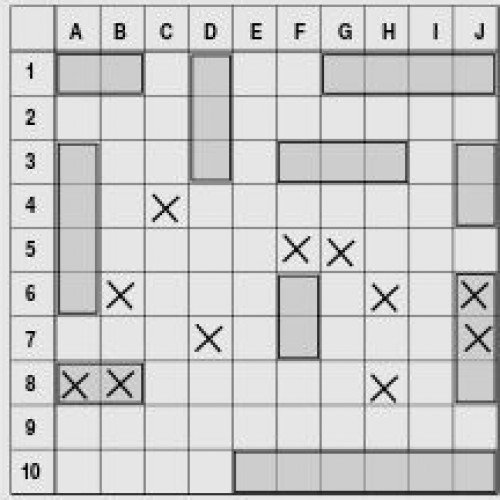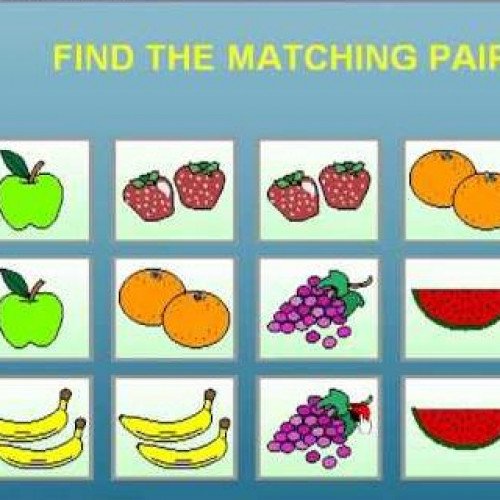BATTLESHIP VS MATCHING GAME

BATTLESHIP
Battleship (also Battleships or Sea Battle) is a strategy type guessing game for two players. It is played on ruled grids (paper or board) on which each player's fleet of ships (including battleships) are marked. The locations of the fleets are concealed from the other player. Players alternate turns calling "shots" at the other player's ships, and the objective of the game is to destroy the opposing player's fleet. Battleship is known worldwide as a pencil and paper game which dates from World War I. It was published by various companies as a pad-and-pencil game in the 1930s, and was released as a plastic board game by Milton Bradley in 1967. The game has spawned electronic versions, video games, smart device apps and a film. The game of Battleship is thought to have its origins in the French game L'Attaque played during World War I, although parallels have also been drawn to E. I. Horsman's 1890 game Basilinda, and the game is said to have been played by Russian officers before World War I. The first commercial version of the game was Salvo, published in 1931 in the United States by the Starex company. Other versions of the game were printed in the 1930s and 1940s, including the Strathmore Company's Combat: The Battleship Game, Milton Bradley's Broadsides: A Game of Naval Strategy and Maurice L. Freedman's Warfare Naval Combat. Strategy Games Co. produced a version called Wings which pictured planes flying over the Los Angeles Coliseum. All of these early editions of the game consisted of pre-printed pads of paper.
Statistics for this Xoptio

MATCHING GAME
Matching games are games that require players to match similar elements. Participants need to find a match for a word, picture, or card. For example, students place 30 word cards; composed of 15 pairs, face down in random order. Each person turns over two cards at a time, with the goal of turning over a matching pair, by using their memory. Most matching games are objective, with correct answers in the rules for what counts as a match, pair, etc. Some however, like Dixit or Apples to Apples, are about subjective matches picked by one or more judge players. Here the correlation between a match holds value only as other players decide it, but rules dictate who will make those decisions and when.